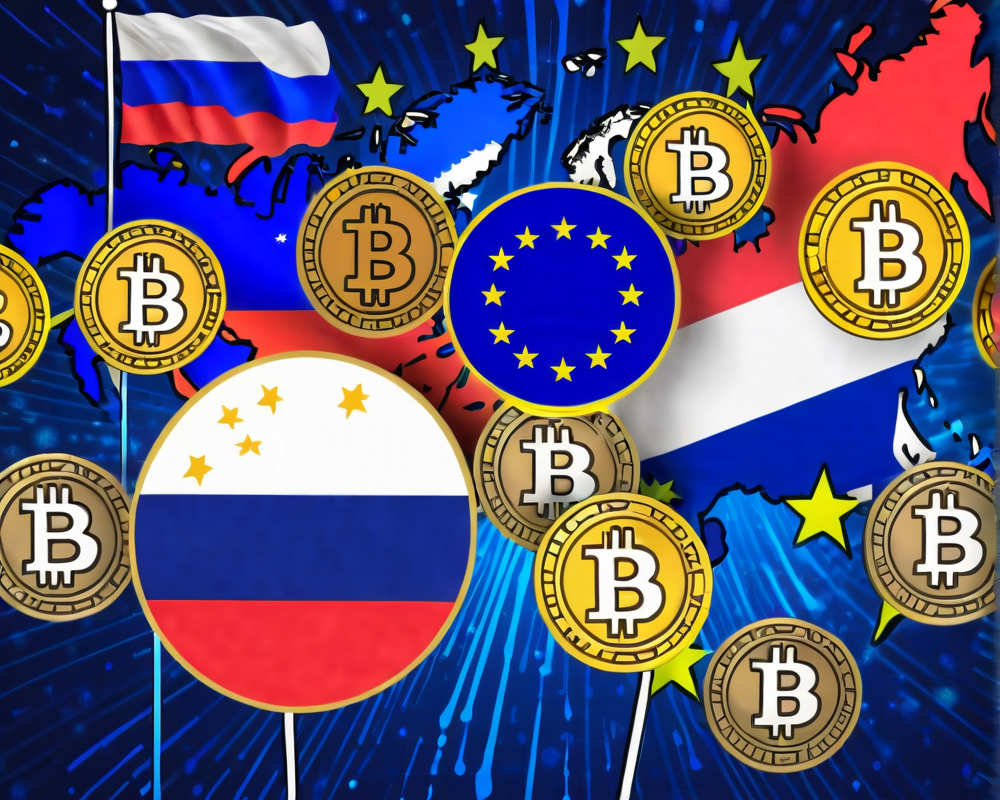European Union’s Growing Concerns
In a striking move, EU economy and finance ministers gathered virtually to discuss a pressing issue: Russia’s potential maneuvering around sanctions through cryptocurrencies. France’s finance minister, Bruno Le Maire, painted a clear picture—efforts to freeze a significant chunk of assets held by Russia’s central bank have already been made, but the threat of crypto is looming large.
The Crypto Conundrum
According to Le Maire, the situation calls for urgent measures to curtail Russia’s ability to circumvent financial restrictions. “We are particularly focused on crypto assets, ensuring they cannot be used to bypass these sanctions,” he stated. It’s clear that the traditional channels of economic warfare are being supported by an eye on the digital realm where regulations aren’t as firmly cemented.
In Sync with Belarus
The EU isn’t stopping at addressing just Russia; discussions extended to Belarus, as the bloc aims to consolidate its efforts against both nations with potentially fortifying sanctions. This approach seems to be a tag-team effort between 27 member states, showcasing a unified front on the economic battlefield.
Germany Chimes In
On the heels of Le Maire’s declarations, German Finance Minister Christian Lindner echoed similar sentiments, stressing the importance of halting the shift of sanctioned individuals to unregulated crypto assets. The EU has even declared intentions to de-list seven Russian banks from the SWIFT payment system, a strategic move that promises to shake up cross-border transactions in the coming days.
Crypto as a Hot Topic
In a world where crypto has become a talking force, EU leaders are rapidly mobilizing talks around regulations that could penalize or even ban the use of digital currencies by those blacklisted. “We’re not just going to sit back and watch this unfold,” claimed Lindner, illustrating a new commitment to overseeing crypto’s trajectory in order to secure their sanctions against Russia.
International Response
Meanwhile, across the Atlantic, the US is following suit with its own legislative efforts aimed at benefiting from digital assets while preventing their use by nefarious parties. The urgency has become palpable, as world leaders suggest more comprehensive frameworks are necessary to grapple with crypto’s expanding influence.
In summary, while cryptocurrencies may have started as a decentralized means of financial freedom, they are now caught in an intricate web of international politics and financial regulations aimed at fostering accountability, especially in times of geopolitical tensions.




